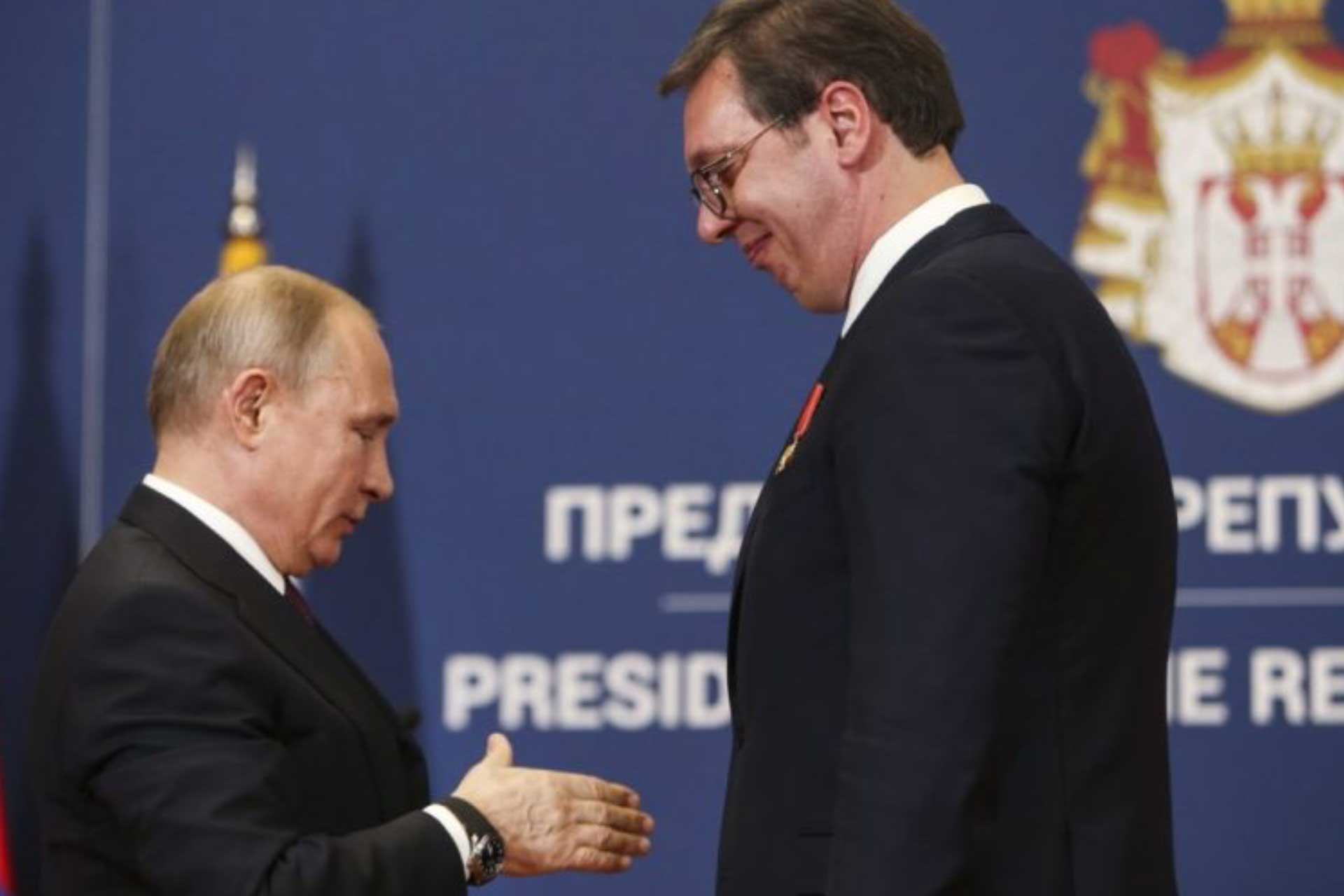A Friendship Blooming in Cyprus: Turkey’s Relations with the Organization of the Islamic Conference
The island of Cyprus, which has been one of the important agenda items of Turkish foreign policy since the late Ottoman Empire, became an issue that governments were more interested in as Greece increased its aggressive policies in the second half of the 20th century. So much so that Turkish diplomats brought this issue to the agenda in every international arena and evaluated their relations with other countries through their stance on Cyprus. Turkey’s relations with Arab countries would also be affected by this issue and governments would pay more attention to their relations with Arab countries in order to find support in the international arena.
On a hot August day in 1969, the Qibla Mosque in Al-Aqsa Mosque was set on fire by an Australian Christian arsonist. This incident put Arab and Muslim countries on high alert and forced them to take new steps. On August 21, Jordan called an emergency meeting of all Arab countries. At this meeting, the Arab League countries decided to organize a conference with the participation of other Muslim countries in a short time.

The fire, which directed the attention of the whole world towards Jerusalem, had a serious repercussion on the Turkish public opinion and Prime Minister Süleyman Demirel made a statement in person, expressing that they stood by the Muslim countries. In 1965, the Justice Party came to power on its own, and with this statement of the Prime Minister, the goal of “establishing a genuine and close friendship with Muslim countries”, which was included in the government program, was once again announced to the Turkish and world public opinion. Previously, during the Six-Day War that broke out in 1967, the Justice Party had also sided with the Arab countries, but adopted a careful and cautious approach in consideration of “Israel’s sovereignty rights”.
The diplomatic implications of the fire at the Qibla Masjid were not limited to this. This sad event created a new opportunity for Muslim countries that had been seeking to unite under one roof for decades. King Faisal of Saudi Arabia and King Hassan of Morocco personally sent a letter of invitation to the heads of state for the conference held in Rabat on September 22-24, 1969. This invitation mobilized Turkish politics and media and brought new debates to the agenda of Turkey on the eve of general elections. Accordingly, President General Cevdet Sunay was of the opinion that it would not be appropriate for him to attend the “Islamic Conference” summit as the highest ranking representative of a secular country. Prime Minister Demirel, on the other hand, argued that this was a political and diplomatic meeting, not a religious one, and that Turkey should take part. Nevertheless, in order to alleviate possible reactions, it was decided that Turkey would be represented at the level of the foreign minister and Minister Çağlayangil was assigned to attend the meeting.

Turkey attended the meetings held both in Rabat and the following year in Jeddah with its foreign ministers and declared that it would seek conditions such as the principle of secularism and the acceptance of the United Nations in the decisions taken. However, this insistence would come to an end in 1976 and Turkey would accept to become a full member of the conference, which it had joined because of the Jerusalem issue, because of the Cyprus issue. In 1974, the international isolation caused by the Peace Operation pushed Turkey to get closer to the Arab countries. So much so that even the opposition parties defended this and blamed the government for the Arabs not taking a stand in favor of Turkey on the Cyprus issue. The 7th meeting of the Council of Foreign Ministers of the Organization of the Islamic Conference in Istanbul in May 1976 was a turning point in Turkey’s relations with both the organization and Arab and Muslim countries. The coalition government headed by Demirel decided to become a full member of the organization and gave a new impetus to relations.
The island of Cyprus, which still holds an important place in Turkish foreign policy today, confronted Turkey with the fact that it could not get the support it wanted from the United States and European countries. At this point, Turkey, which was looking for a way out by bringing relations with Muslim countries to a new dimension, once again demonstrated its policy of balancing the parties in foreign policy. This rapprochement, which started on the island of Cyprus, would continue to increase for social, economic and political reasons and would extend until Turkey became the chairman of the Organization of the Islamic Conference.
Abdurrahman Selim Çelikbilek
Sources:
- Erkmen, A. (2021). Turkey’s policies towards Arab countries between two military coups (1960-1980). Journal of Academic Social Research, 112:155-173.
- Kasapsaraçoğlu, M. (2020). Turkey’s Middle East policy and opposition in the period between the two coups (1960-1980). Journal of Republican History Research, 33:259-288.
- Dursun, D. “Organization of the Islamic Conference”, TDV Islam Encyclopedia, https://islamansiklopedisi.org.tr/islam-konferansi-teskilati (17.08.2022).
- Organization of Islamic Cooperation (OIC) / T.C. Ministry of Foreign Affairs. (17.08.2022). mfa.gov.tr/islam-isbirligi-teskilati.tr.mfa
- Seventh Islamic Countries Conference Opened (Cumhuriyet, 13.05.1976).



Comments